Dr. Kieu Xuan Thy, Deputy Head of Facility 3, University of Medicine and Pharmacy Hospital, Ho Chi Minh City, said that a scientific nutritional regimen during the holidays not only helps the body stay healthy but also contributes to maintaining biological rhythms, limiting the outbreak of many chronic diseases. In particular, people with underlying diseases such as high blood pressure, diabetes, cardiovascular disease, bronchial asthma, liver and kidney disease or lipid disorders... are often prone to complications when changing the environment and lifestyle.
Eat scientifically to protect the digestive and cardiovascular systems
Doctor Xuan Thy shares some notes for a scientific diet during the holidays:
- Do not skip breakfast : This is an important meal that helps maintain energy throughout the day, especially for the elderly and diabetics.
- Eat cooked food and drink boiled water : Absolutely avoid raw or undercooked dishes and seafood of unknown origin to limit the risk of digestive disorders or food poisoning.
- Add green vegetables and fruits : Helps provide vitamins, fiber, limit constipation and increase resistance.
- Drink enough water : Drink 1.5-2 liters of water/day, can increase if going out in hot weather. Avoid overusing carbonated soft drinks and alcohol.
- Prepare healthy snacks : Nuts, dried fruit, yogurt or whole wheat bread to use on long trips or when you don't have time to eat.
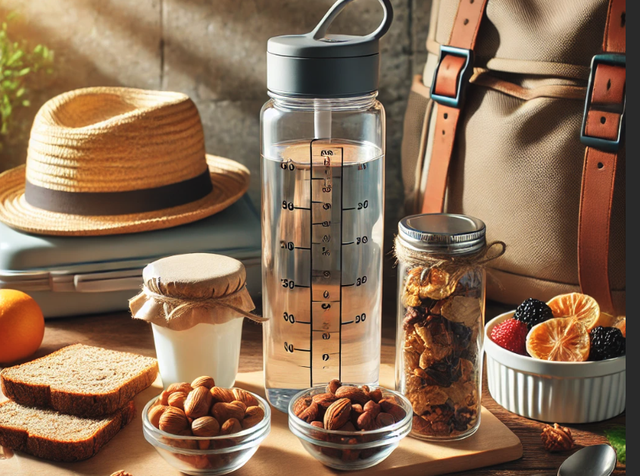
Prepare healthy snacks for long drives or when you don't have time to eat
ILLUSTRATION: AI
Diet suitable for each disease
- People with high blood pressure and cardiovascular disease: Eat a low-salt diet, avoid alcohol, and do not overexert yourself.
- Diabetics: Do not skip meals, limit starch and sweets; carry small candies to prevent hypoglycemia.
- People with asthma or lung disease: Bring your inhaler and avoid polluted, dusty environments.
- People with liver and stomach disease: Limit alcohol, greasy, spicy and sour foods to avoid irritation.
Drug could be 'game-changer' in treating high blood pressure
Exercise and rest properly during the holidays
Holidays often come with many outdoor activities such as mountain climbing, swimming, hiking. However, to protect your health, you need to maintain appropriate exercise principles such as daily exercise such as walking, light exercise for 20-30 minutes to maintain flexibility, increase blood circulation. When traveling long distances: you should stand up, do light exercise or move your arms and legs every 1-2 hours to prevent deep vein thrombosis.
Avoid strenuous exercise such as climbing high mountains, swimming long distances, or scuba diving if you have underlying cardiovascular or respiratory diseases. Get enough sleep and avoid staying up too late to help your body recover and strengthen its resistance.
Bring enough medicine and take the right dose
In addition, Dr. Thy recommends preparing enough medication for the entire vacation, even bringing a few extra days in case the trip is extended or lost. Take medication on time, and never stop taking it even if you feel well. Arrange the medication in a clearly labeled box to avoid confusion when using it.
Bring basic medical records: Medical record summary, most recent prescription, health insurance card, note down the phone number of your doctor or relative to contact when needed.
"If you experience symptoms such as chest pain, difficulty breathing, dizziness, high fever, frequent diarrhea, etc., you should go to the nearest medical facility. Absolutely do not increase the dose of medication or use additional strange medications without a doctor's prescription," the doctor noted.
Source: https://thanhnien.vn/bac-si-an-uong-the-nao-de-bao-ve-duong-tieu-hoa-tim-mach-trong-ky-nghi-le-185250831154837372.htm












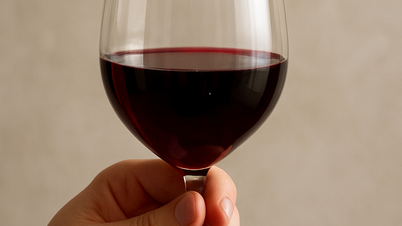
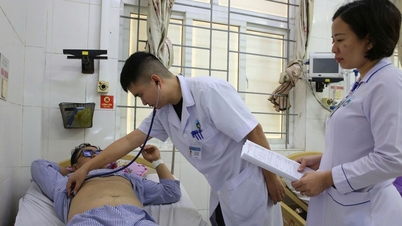





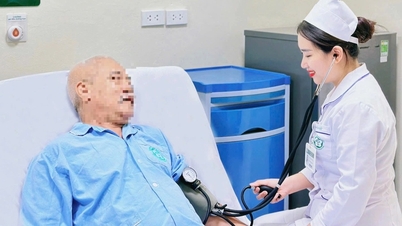

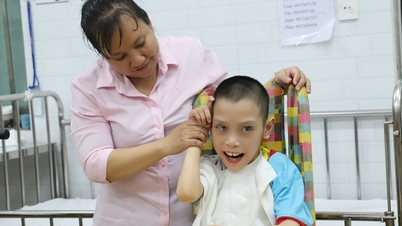



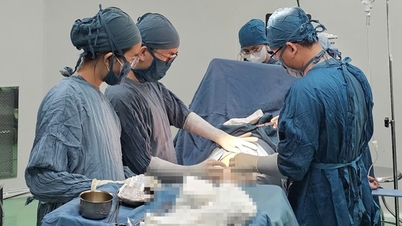










![[Photo] Worshiping the Tuyet Son statue - a nearly 400-year-old treasure at Keo Pagoda](/_next/image?url=https%3A%2F%2Fvphoto.vietnam.vn%2Fthumb%2F1200x675%2Fvietnam%2Fresource%2FIMAGE%2F2025%2F12%2F02%2F1764679323086_ndo_br_tempimageomw0hi-4884-jpg.webp&w=3840&q=75)
![[Photo] Parade to celebrate the 50th anniversary of Laos' National Day](/_next/image?url=https%3A%2F%2Fvphoto.vietnam.vn%2Fthumb%2F1200x675%2Fvietnam%2Fresource%2FIMAGE%2F2025%2F12%2F02%2F1764691918289_ndo_br_0-jpg.webp&w=3840&q=75)




















































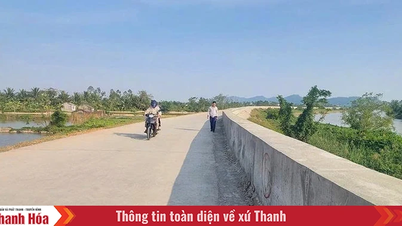















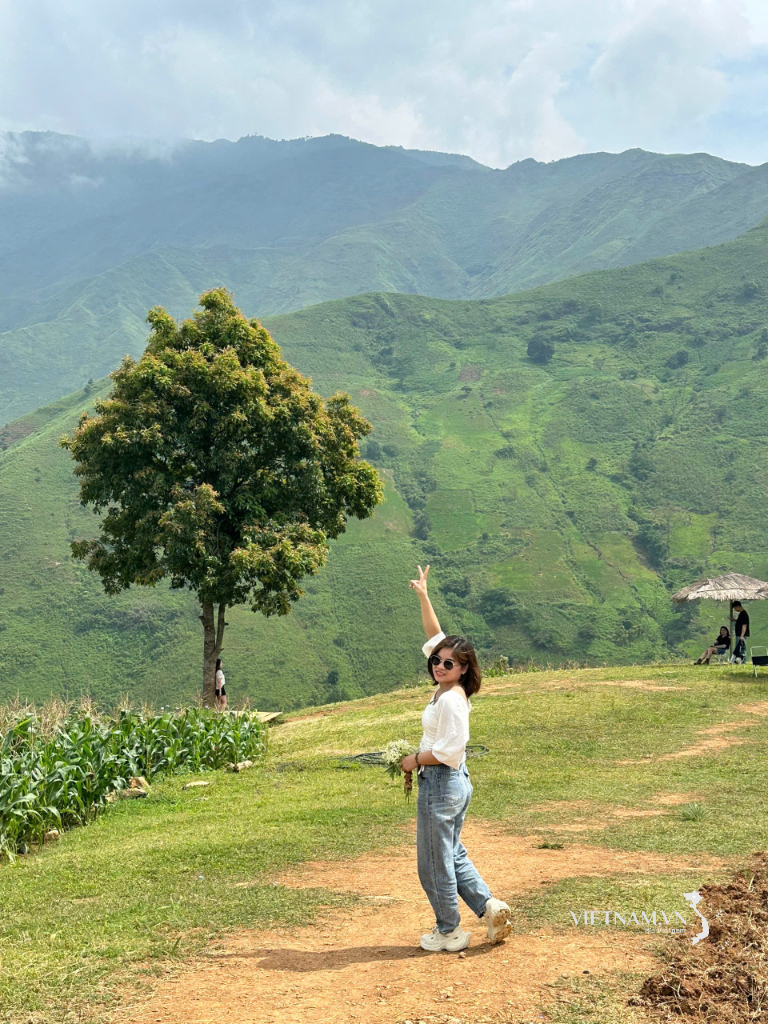

Comment (0)